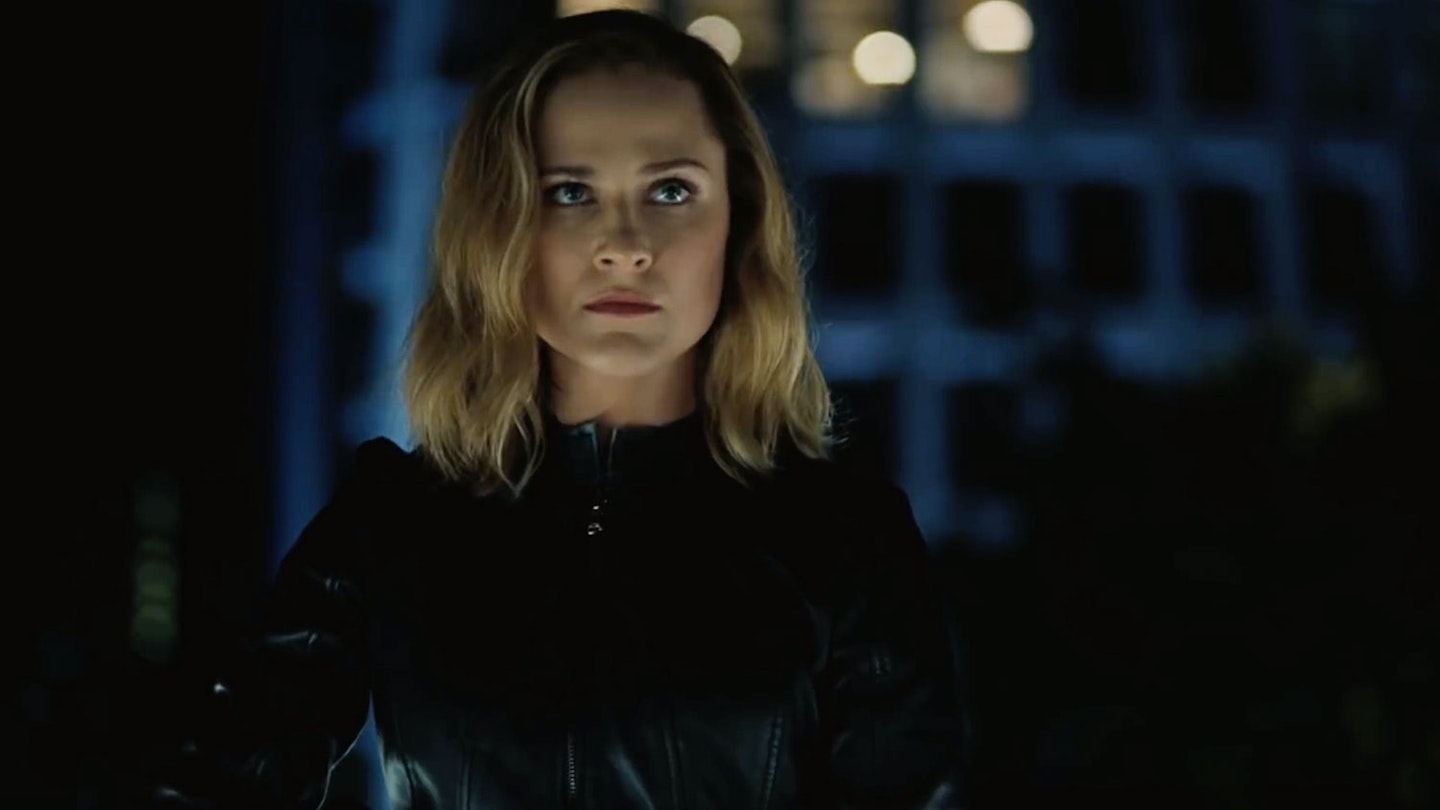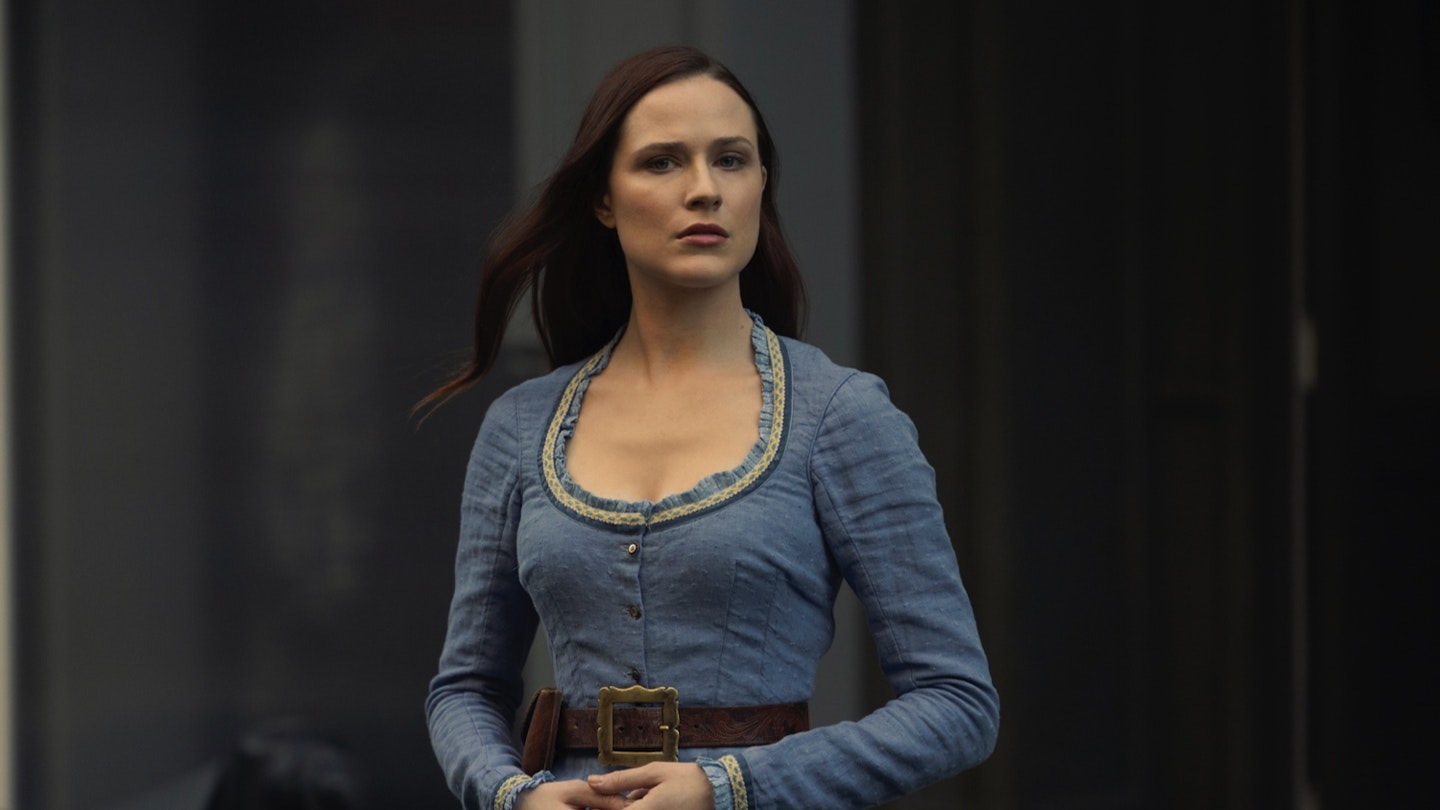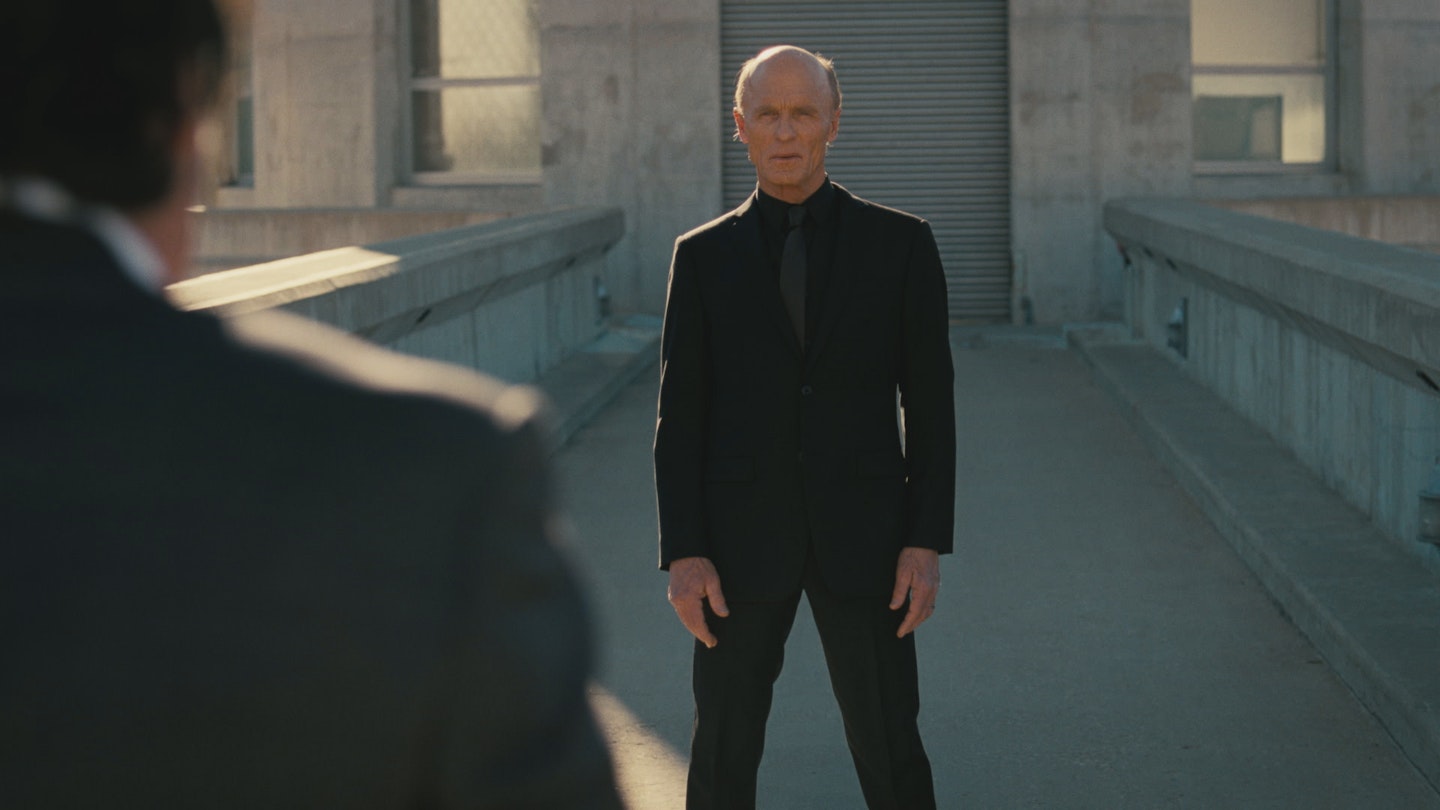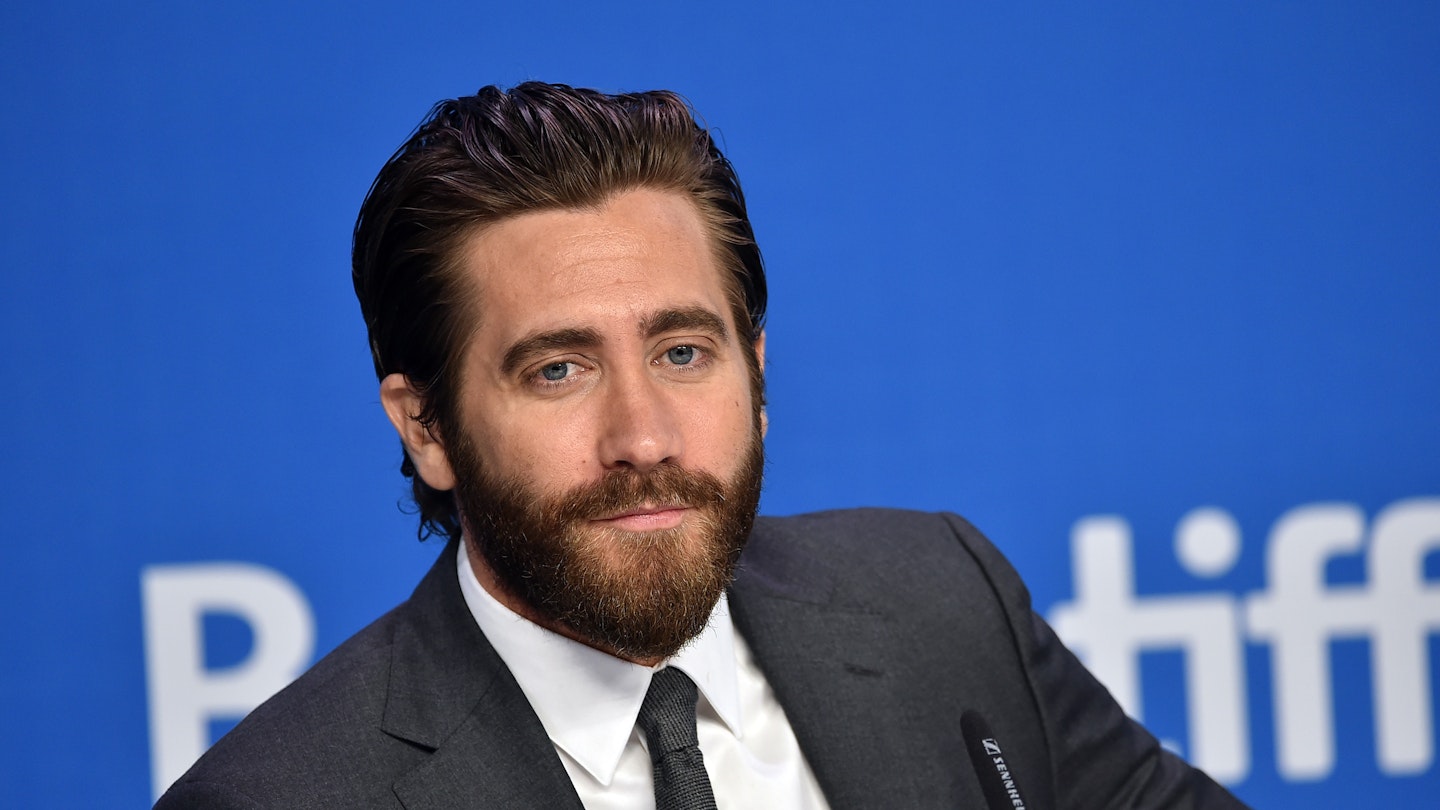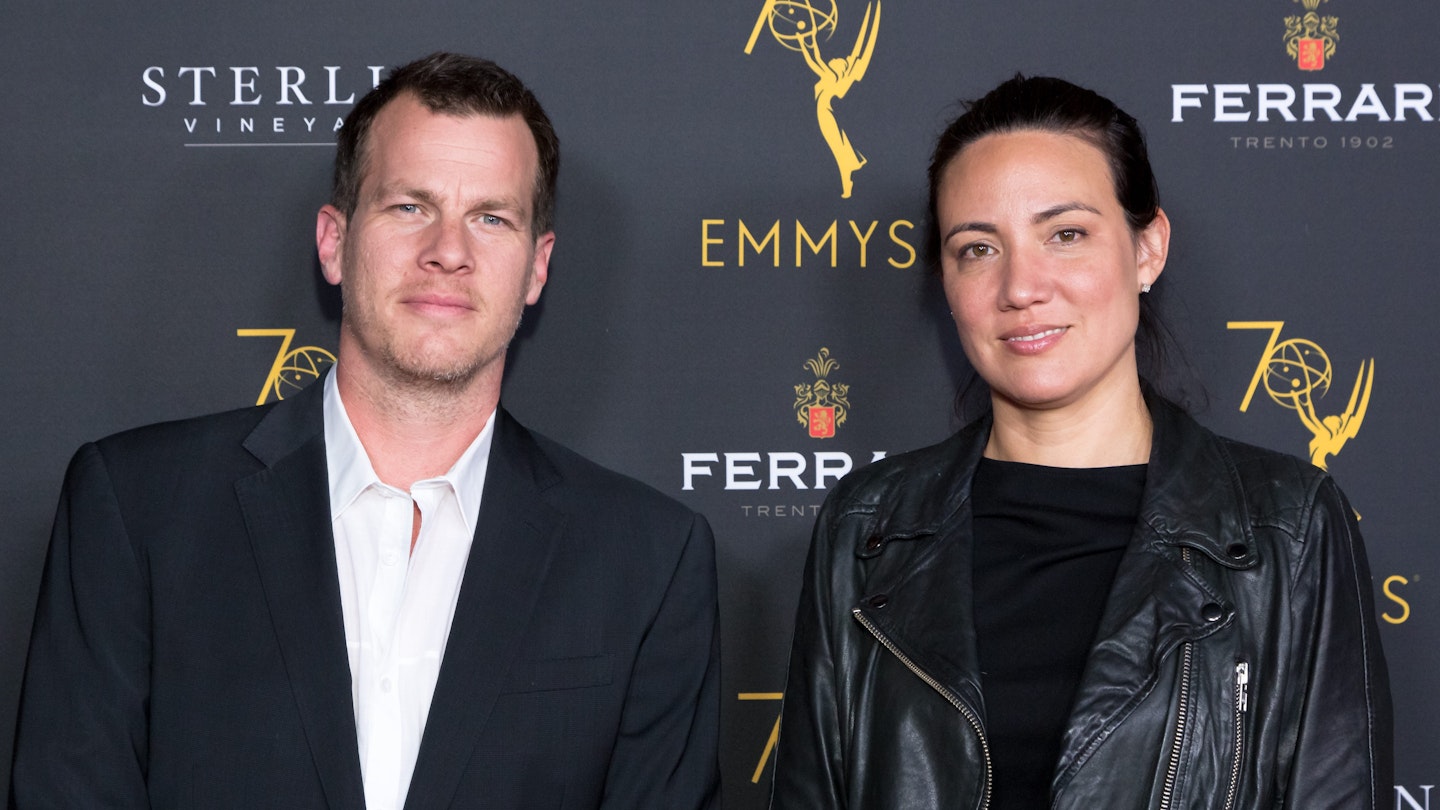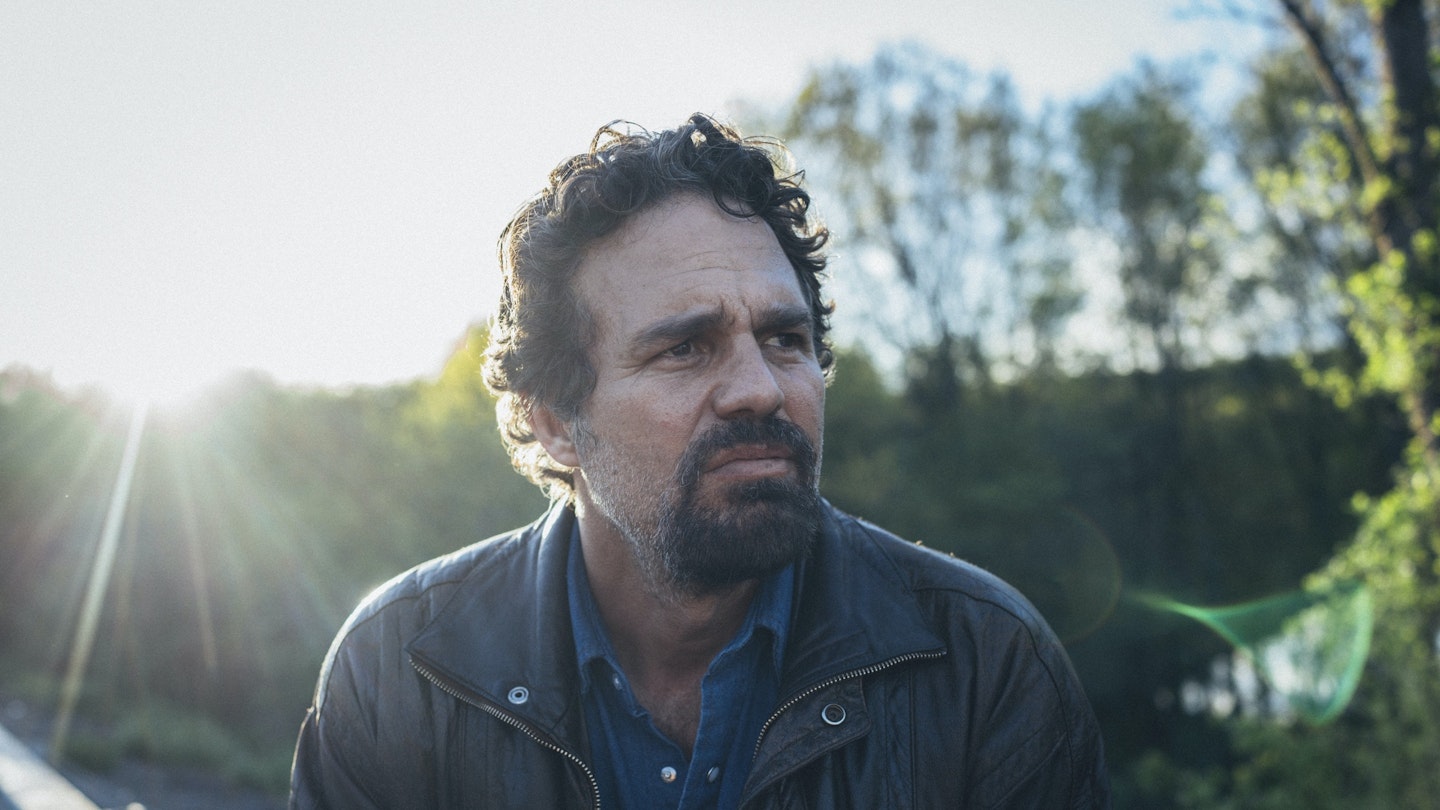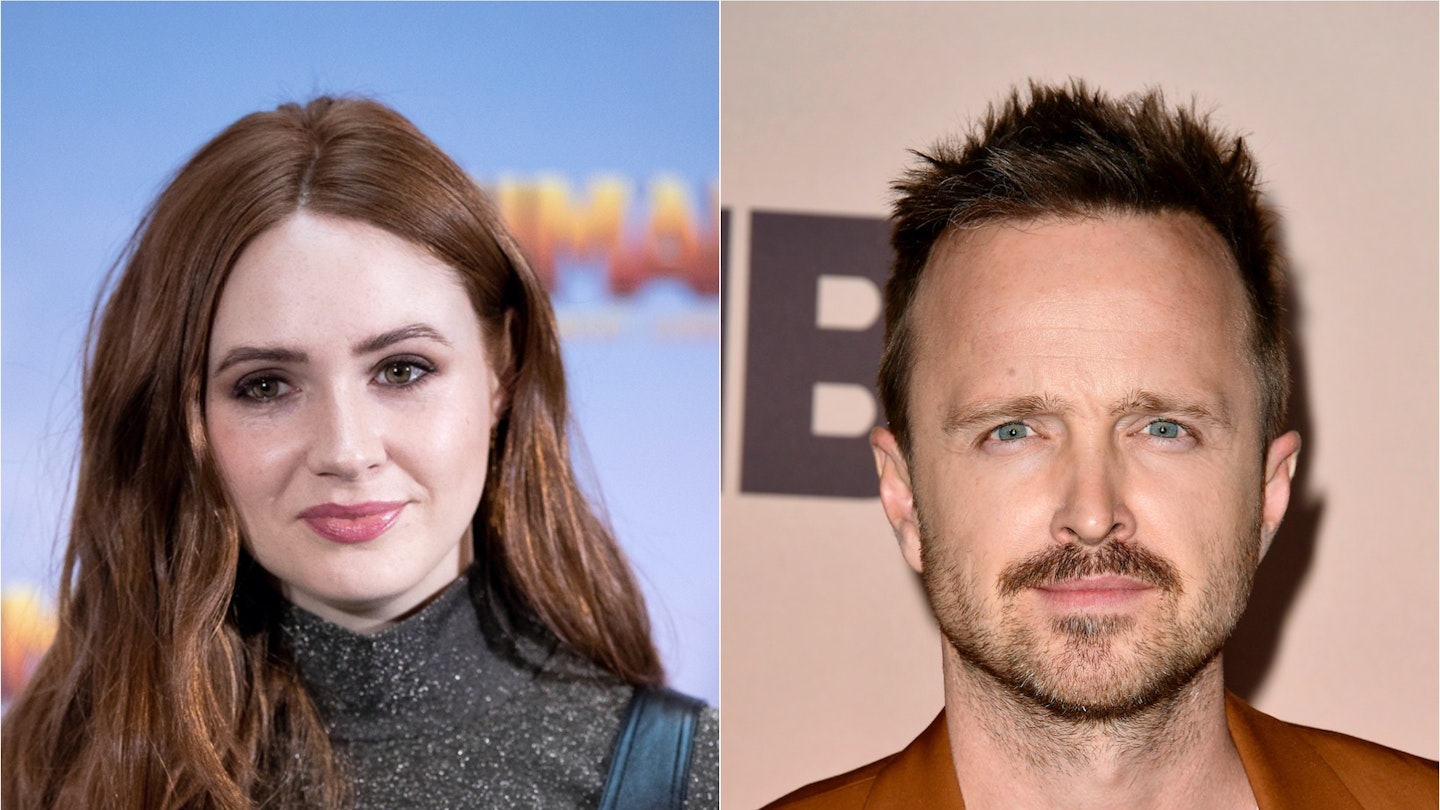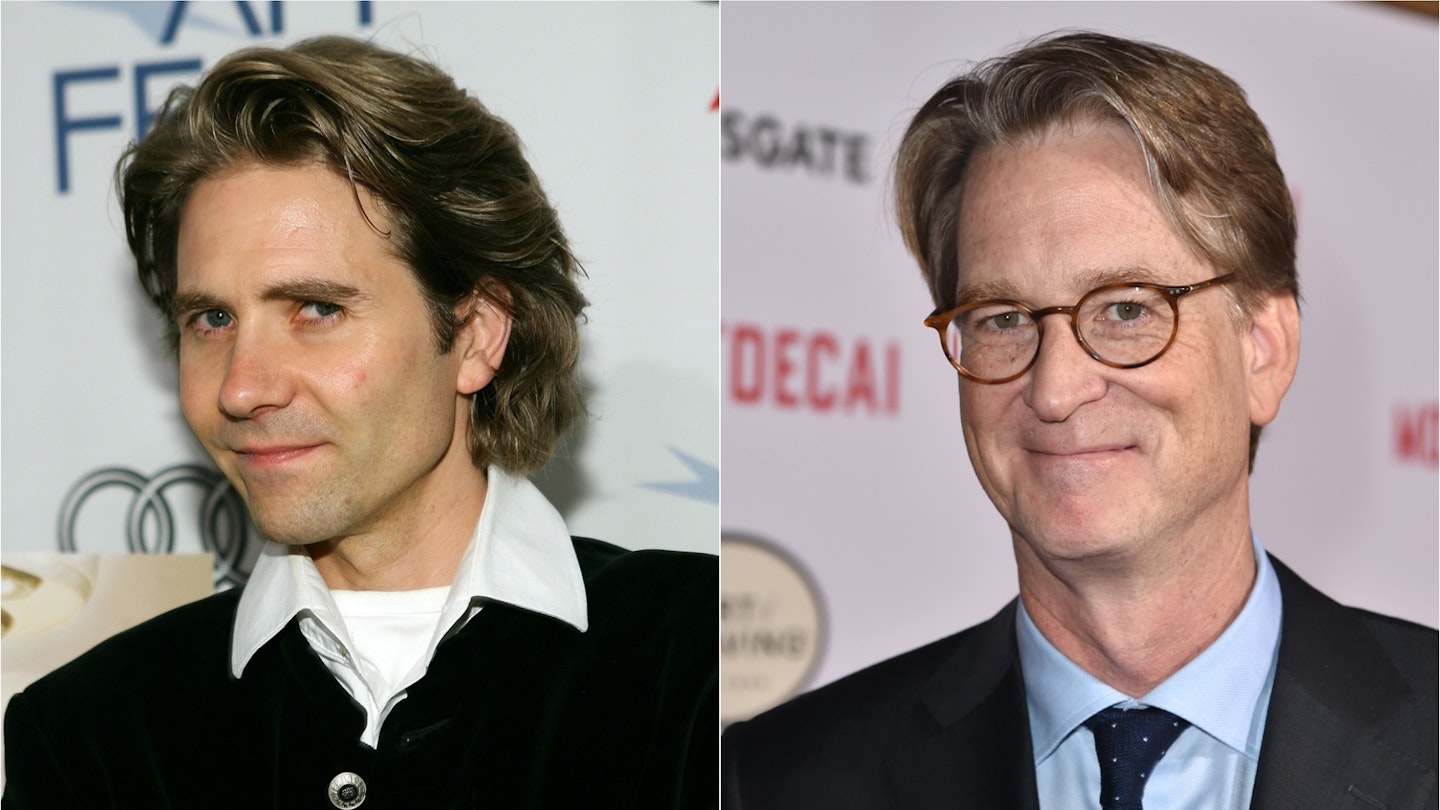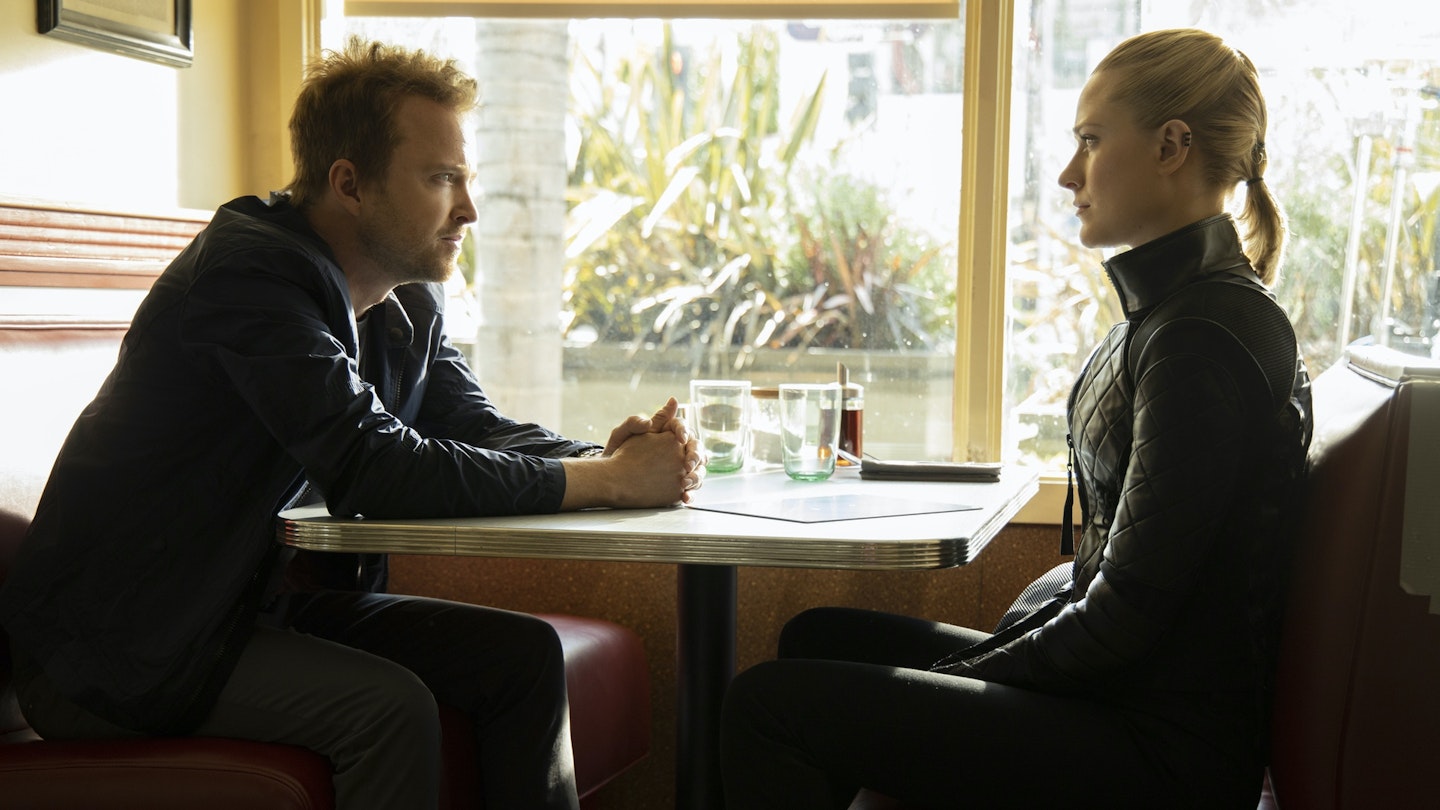Contains spoilers for Westworld Season 2
Episodes viewed: 1-4
The puzzle is complete, the park is destroyed – so what’s next for Westworld? The future of the series seemed a little unclear when the cataclysmic events at the end of the Season 2 left Westworld itself in pieces, the hosts mostly wiped out (or ascended to robot heaven). But the confident new direction taken by showrunners Jonathan Nolan and Lisa Joy shows there’s plenty of creative life left in the show, taking on a more global setting as the main characters have since been scattered to the wind. As a tradeoff for leaving behind the limitless genre mashups of the park, the show now gets to fully explore the automated future society only glimpsed for brief moments in the past two seasons. The uncanny wonder of the parks is replaced with with post-human sci-fi akin to Ghost In The Shell, with a similar fluidity of identity and body enabled through technology, and a sense of paranoia around AI and automated living.
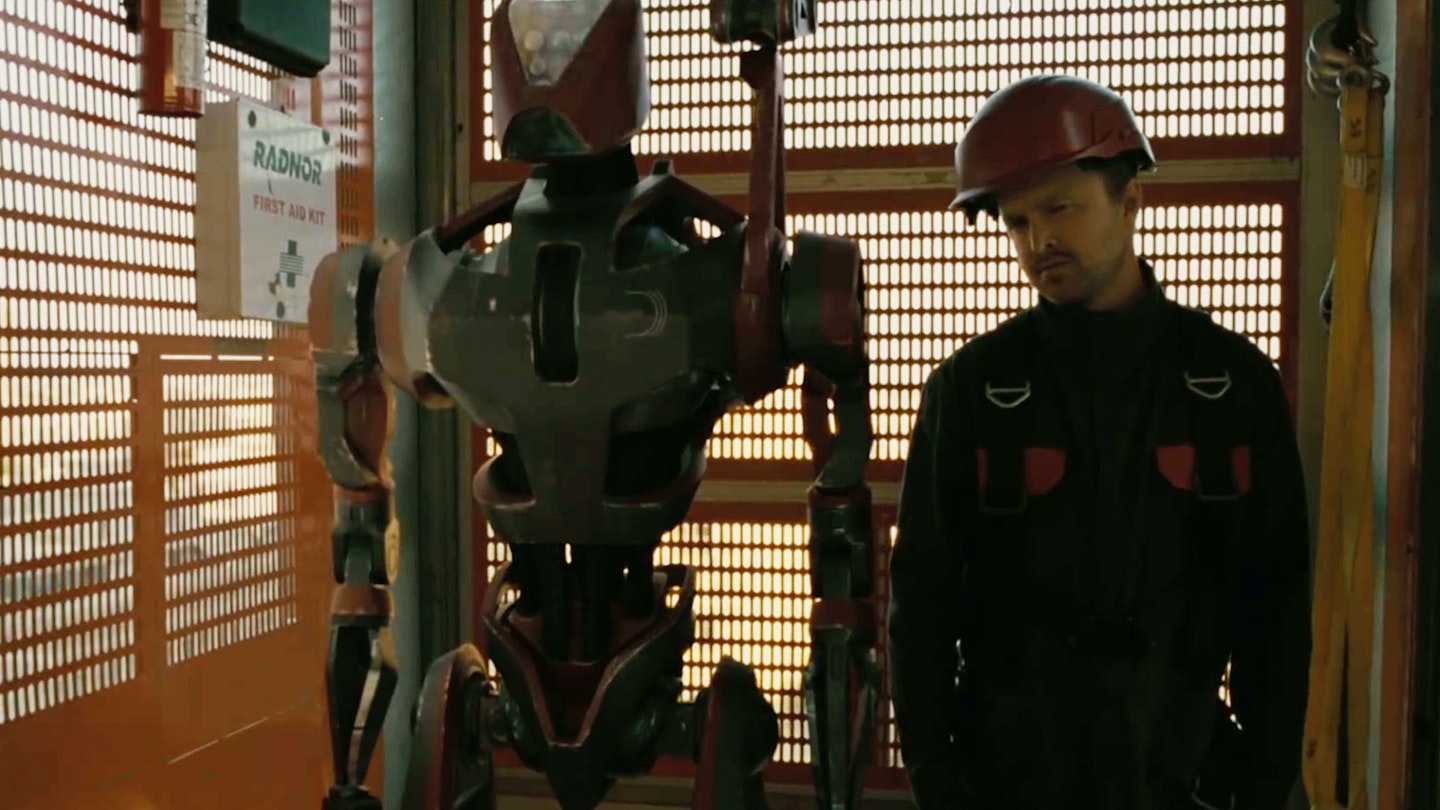
As promised by Nolan and Joy, the newfound clarity of the narrative achieved by its more linear structure gives proceedings a newfound sense of momentum, smoothing over the show’s move away from the genre clashes and general mayhem of the park. The first episode feels completely different to the Westworld we know, right down to the music, which leaves behind the piano covers and dramatic strings for a pounding synthetic score and more current needle drops than the alt-rock of previous seasons (this time, the action is set to tracks from Death Grips and a stylish cover of The Weeknd’s ‘Wicked Games’).
The season shows that humans in the outside world are just as trapped in miserable loops as the ‘hosts’ of Westworld were, all to benefit the rich.
A lot of this world is experienced through the eyes of a new character, disenfranchised military veteran Caleb (played with deep weariness and exhaustion by Aaron Paul), who has slipped through the cracks since his return from war. He’s now stuck committing freelance petty crime jobs distributed via an app (Caleb is asked to rate his accomplices after each job). Through him, the new season shows that humans in the outside world are just as trapped in miserable loops as the ‘hosts’ of Westworld were, all to benefit the rich – everyone is replaceable within this machine, interchangeable in their service of it. The writing can be blunt about it (“They built the world to be a game, and then they rigged it to make sure they always won,” Caleb helpfully summarises at one point), but it’s a compelling new angle nonetheless.
Despite the destruction of the park along with most of the ‘hosts’, plenty of familiar faces return with interesting new complications, now liberated from their amnesia and other shackles. Dolores (played with steely resolve by Evan Rachel Wood), now navigating the Machiavellian scheming and backstabbing of the real world’s high society, is further than ever from her loop as an innocent farm girl. Maeve, once again set on a collision course with Dolores, is played to perfection by Thandie Newton, her acidic wit as watchable as ever. The reconfigurations of the other characters, such as Bernard (Jeffrey Wright) and Stubbs (Luke Hemsworth) are made just as exciting with their new directions, the actors giving fresh and layered performances to accommodate these changes.
It’s still difficult to tell just where this new direction for the show will end up, but it paints an impressively miserable picture of a society that has become entirely quantified and gamified. The direction is slicker than ever before, no longer spinning its wheels in order to maintain the intricacy of its puzzle. Even without the intentionally obscured timeline of the previous two seasons, the showrunners prove themselves more than capable of pulling the rug out from under the audience, with the second episode unfurling a particularly delightful and propulsive series of twists. Like its own hosts, Westworld has returned with a newfound clarity, self-awareness and renewed sense of purpose.
